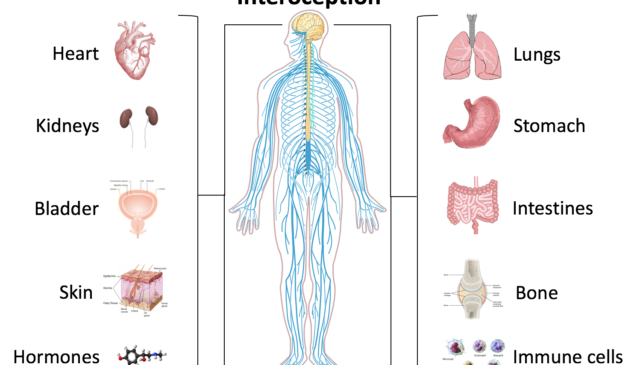
“Two eminent scientists said the endocannabinoid system is implicated in essentially all human diseases.” said Mechoulam. “This is a very strong statement, but it seems correct. “
The endocannabinoid system, abbreviated as ECS, was discovered in 1992This is many years after the other systems made their way into medical textbooks. To keep everything up to date, the other systems include:
- The respiratory system
- The circulatory system
- The integumentary system
- The kidney system
- The digestive system
- The musculoskeletal system
- Reproductive system
- The nervous system
- Endocrine system
- Lymphatic system
Along with the profound ECS, we now have 11 systems that have been identified in the human body.
The ECS consists of three main components; Endocannabinoids, endocannabinoid receptors, and metabolize enzymes that break down the endocannabinoids.
Endocannabinoids are similar to neurotransmitters in many ways. However, they are made very differently. While most neurotransmitters are produced and stored in vesicles, endocannabinoids are produced when needed.
Since this is a “new system”, its mechanisms have not been fully elucidated. However, it is clear that the ECS is responsible for maintaining physiological balance in the body Homeostasis.
In maintaining a state of homeostasis, the ECS has been involved in the following functions:
- Pain and inflammation
- memory
- Sleep
- Hormonal control
- metabolism
- Immune reaction
- appetite
- Moods
- Sperm production among other
Consequently, dysregulation of the ECS can trigger debilitating conditions. This was confirmed by Dr. Ethan Russo described as clinical endocannabinoid deficiency syndrome (CEDS). Conversely, if the endocannabinoid tone is maintained, the body can wade away from infection and disease.
Insofar as there is a lack of knowledge of how this incredible system works, current evidence suggests that understanding this system could facilitate understanding of health and disease. For example, CECD has been linked to the pathology of autoimmune diseases. [1] At the same time, the ECS has shown that it offers a “protective function” against many diseases. Modulation of the ECS could help in the treatment of a variety of diseases such as vomiting, inflammation, multiple sclerosis, epilepsy, glaucoma, depression, diseases related to metabolic syndrome, and Alzheimer’s disease.
In summary, the ECS appears to be a system that underpins the functions of most of the other systems in the body. it has a hand in everything. However, the most unique thing about it is the connection to a plant.
As Dr. Mechoulam aptly puts it:
“Using a plant that has been around for thousands of years, we have discovered a new physiological system of immense importance. We wouldn’t have got there if we hadn’t looked at the facility. “
Image source
https://commons.wikimedia.org/wiki/File:Interoception_and_the_body.png
References
- Russo EB (2016). Clinical endocannabinoid deficiency rethought: Current research supports the theory in migraines, fibromyalgia, irritable bowel syndrome and other treatment-resistant syndromes. Cannabis and cannabinoid research, 1(1), 154-165.
